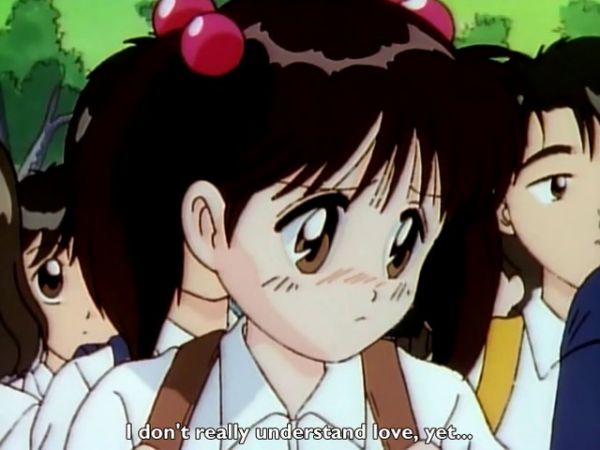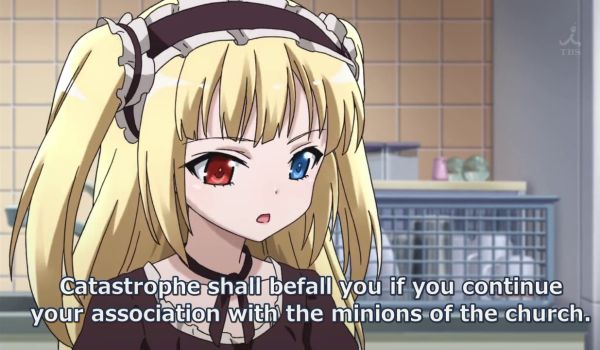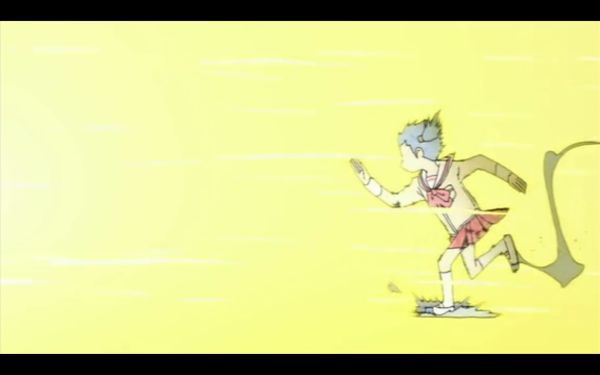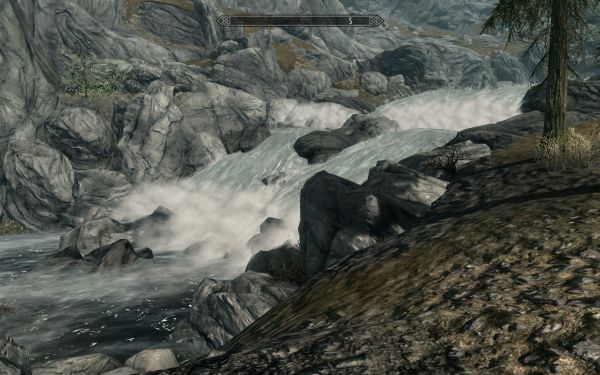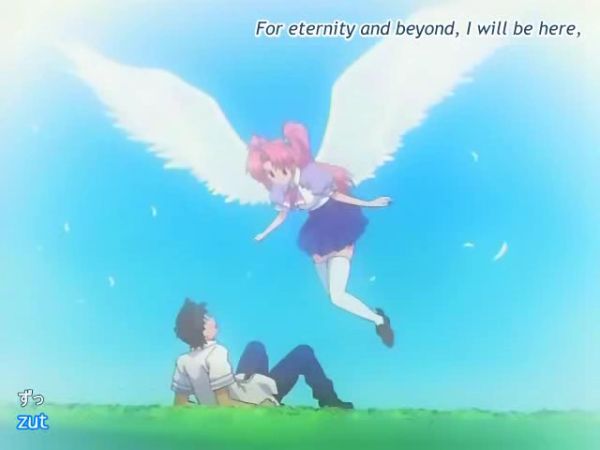
In Japan, this genre is fairly common. Not so much in rural Norway.
I realize that the random visitor may think all the world’s religions are “spiritual fantasies”, but that is not what I am talking about here. Rather, I mean a literary genre that perhaps does not yet exist. Â I see it as distinct from “supernatural fantasy”, which is quite common and has seen an explosion in popularity after years of vampire stories on TV. Spiritual fantasy, on the other hand, would be more like the animated movies of Ryuho Okawa (Happy Science), blending religious concept and general fiction. Several angel-centered TV series probably would fall in the same category, but I have trouble finding books in this genre.
That said, I am dabbling in it myself, so it may be for my own good that I don’t have any obvious forerunners. Or just don’t notice them. (C.S. Lewis could qualify, actually, but his well-loved works are more a spiritual message in a fantasy setting, I think.)
This week I am rebooting my Blue Light story, and it is a full reboot. It is not even blue anymore! Also, this time I write my first draft in New Norwegian, my mother tongue. It is something I do very rarely: It is at least a couple years since last time, if I remember correctly, and only the second time in  a decade or more.
I find it strangely liberating to write in my native language. Today my vocabulary is actually larger in English, and especially in topics such as those I am writing about. But I was not really trilingual until my late teens, so thinking in English is an adult thing for me. I wonder if I can draw on my childhood creativity better by using my childhood language. On the other hand, my childhood creativity was… extreme. I think my surviving family members can attest to that.
***
The basic concept of “Tone frÃ¥ Himmelen” (Melody from Heaven) is very similar to Blue Light: Boy meets girl; boy notices that girl is glowing; girl protects her secret by inducting boy into her spiritual world.
The “world of the mind” concept is largely unchanged. It is a real world that exists in parallel with the physical world, and which spiritually advanced souls can enter while leaving their bodies behind. In the World of the Mind, you can do whatever you can imagine yourself doing, within the constraints of your Brightness. Â Each soul has a particular Brightness or amount of Light that determines its power in the World of the Mind, and it is immediately obvious to everyone who meets another there. A bright soul can easily cause objects to come into existence for all to see, in the World of the Mind. Obviously they cannot take these objects with them back into the bodily world.
In Blue Light, as the name implies, both of the characters were pure blue, the color of human thought. In this reboot, however, the girl is Red (the color of Justice and miracles) and the boy is probably Silver (the color of Science and progress). This makes for a different character dynamic.
Also in Blue Light, the boy and the girl were Soul Mates and learned that they had been married in their previous life, having promised at the end of their life together that they would be husband and wife again in their next life. But that was 400 years ago, and they did not really feel that way in this life. The girl found him immature and perverted, and he found her snobbish and overly critical. The conflict between their current feelings and their ancient soul bond was a big part of the plot (such plot as there was).
In Tone, there is no such bond. Being of different color, the two of them are not Soul Mates. They just happen to be spiritually advanced souls in young and inexperienced bodies and minds, discovering by accident this time that together they can enter the World of the Mind, something neither of them can do alone.  And while the high school boy still has some problems with chastity, it is not that big stone wall between them that it was in Blue Light. And of course, being Just Friends is a lot easier than being Soul Mates.
***
The name of the new story is taken from a line of a beautiful Christmas song that I have enjoyed recently. In my native New Norwegian it goes like this:
Tider skal koma,
tider bort skal kverva,
ætt skal fylgja ætt på rad.
Aldri skal tagna
tonen frå himlen.
(Times shall come, times shall vanish, generation shall follow generation. Never shall fall silent the melody from Heaven.)
For those who have Spotify, I actually linked to a similar version of this song a few days ago. Let me link it again: “Fager er Jorda” on Spotify.
In Norwegian, “tone” literally means a musical note, but poetically tune or melody, also metaphorically the way something is said, such as jokingly or seriously, which can sometimes lend a completely different meaning to the same words. Tone also happens to be a fairly common Norwegian woman’s name. It may or may not be a coincidence that Melody is a female name in English – the naming tradition in the two languages is very different, and the name Tone has been common in Norway well before we aligned with the English-speaking world and started learning their language.
I used to have a friend named Tone for a while, and while the “never shall fall silent” part may have been more noticeable than the “from Heaven” part for those who lived with her, I rather liked her. So hearing the song again, I suddenly thought “That would be a great name for a girl from the six-dimensional Realm of Light.”
I also want to thank my color-changing LED light bulb. It is an amazing invention. Not very useful, compared to other light bulbs, but inherently awesome. I mean, it is a light bulb that can change its colors constantly or only when asked to. It’s like living in the 21th century! Wait, we are living in the 21th century, although I lived most of my life elsewhen. So I enjoy it. Also when it slowly cycles through its hundreds of colors, I like to watch it an think: “This is the color of Justice, this is the color of the Law, this is the color of Harmony, this is the color of Thought, this is the color of Reverence”.

